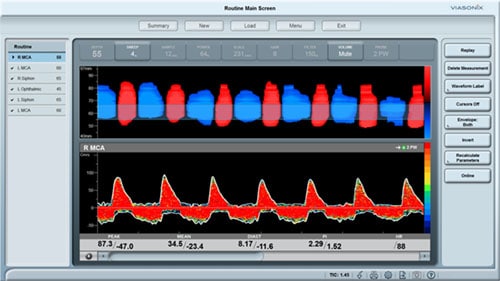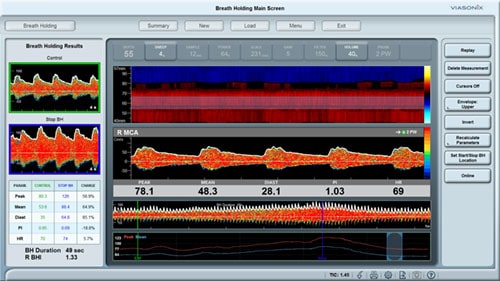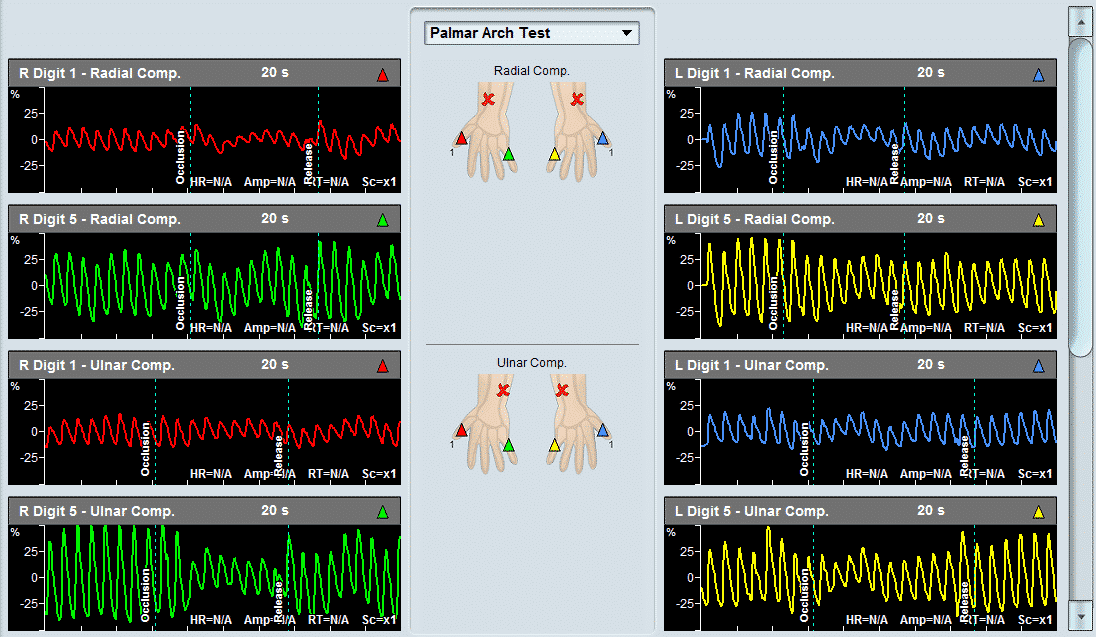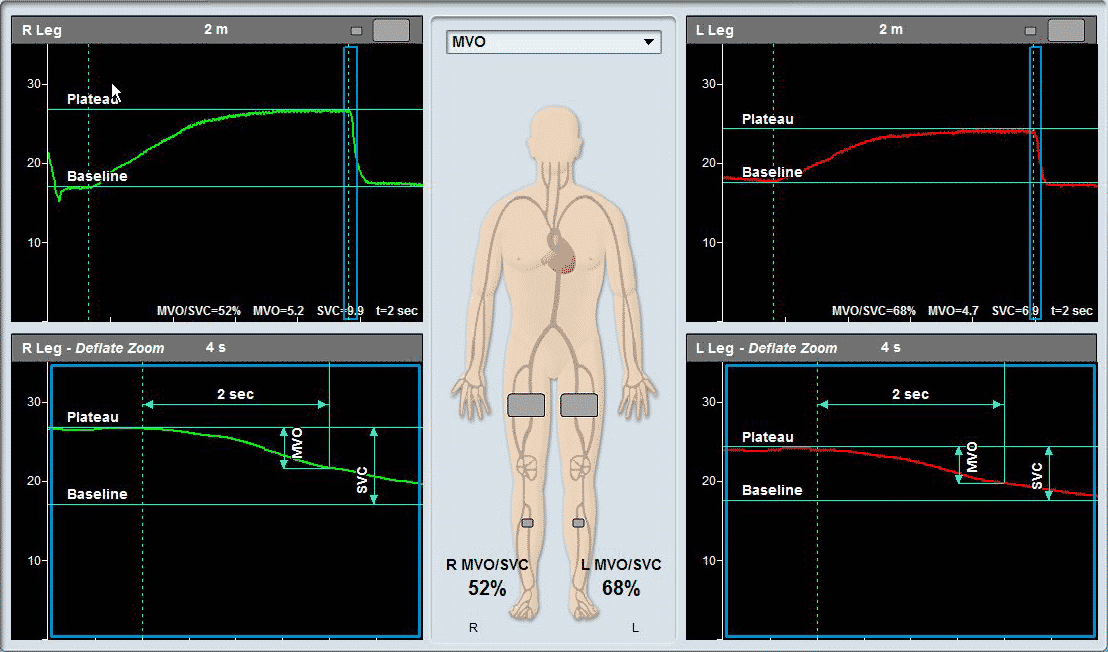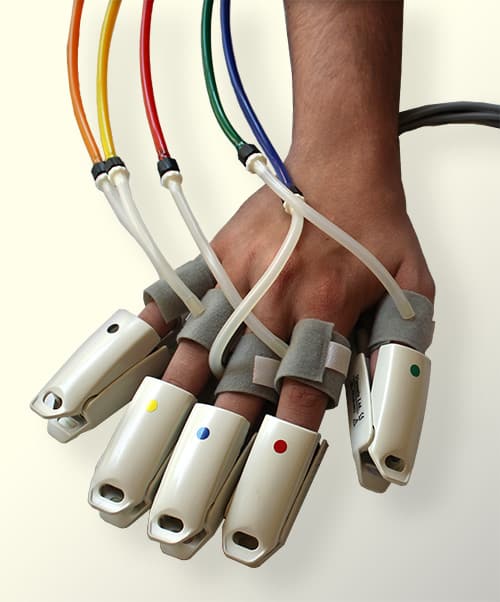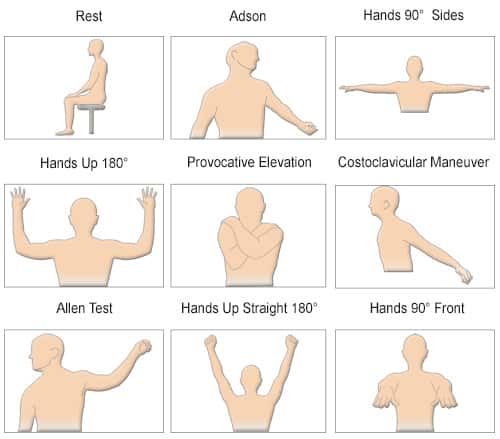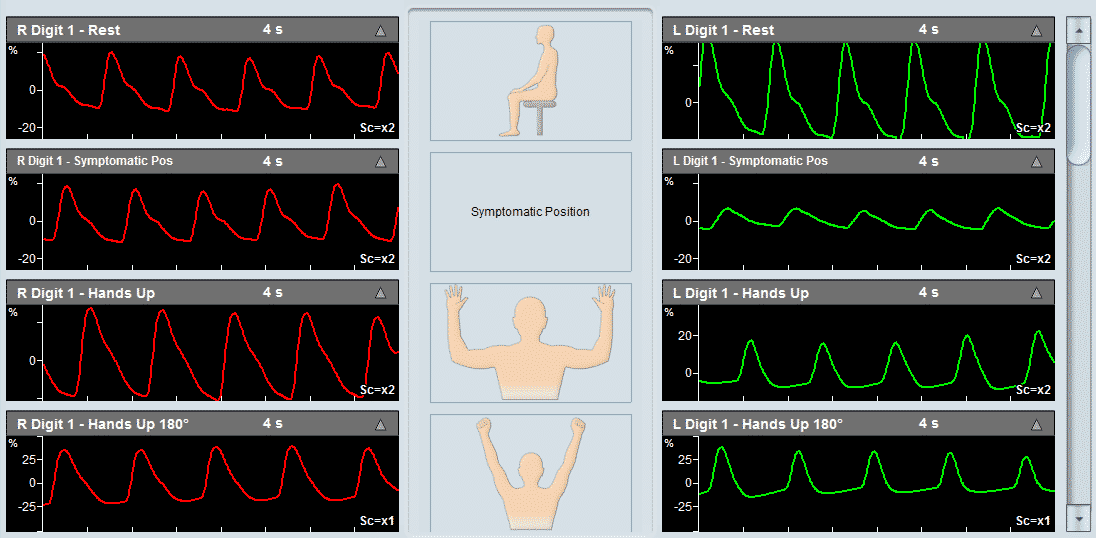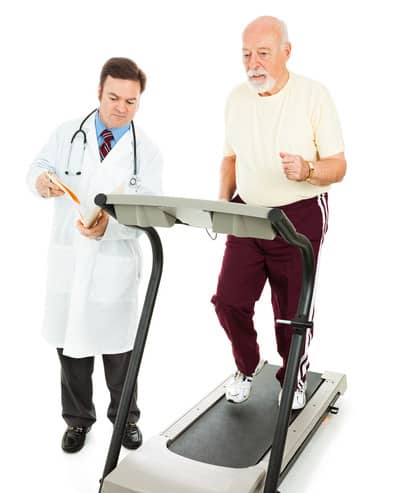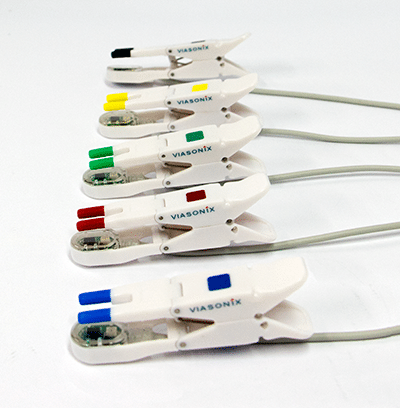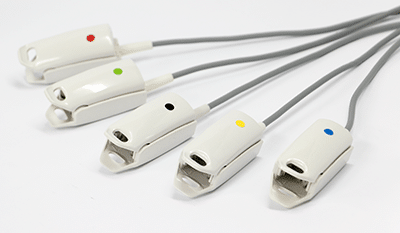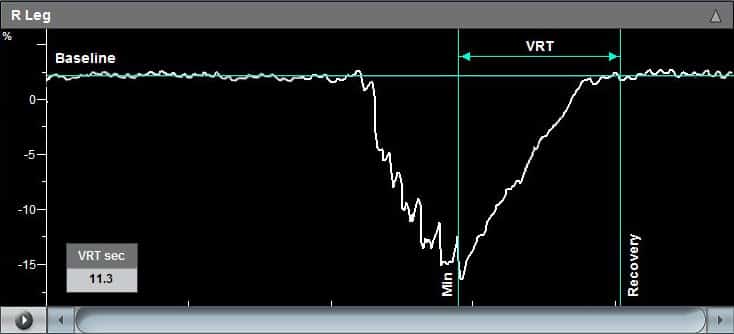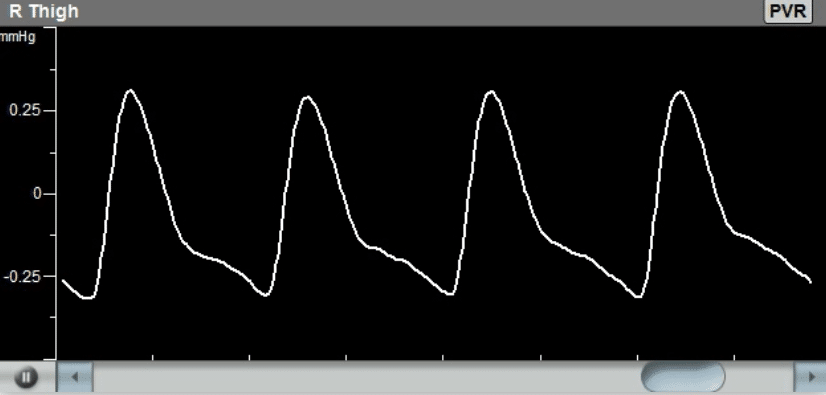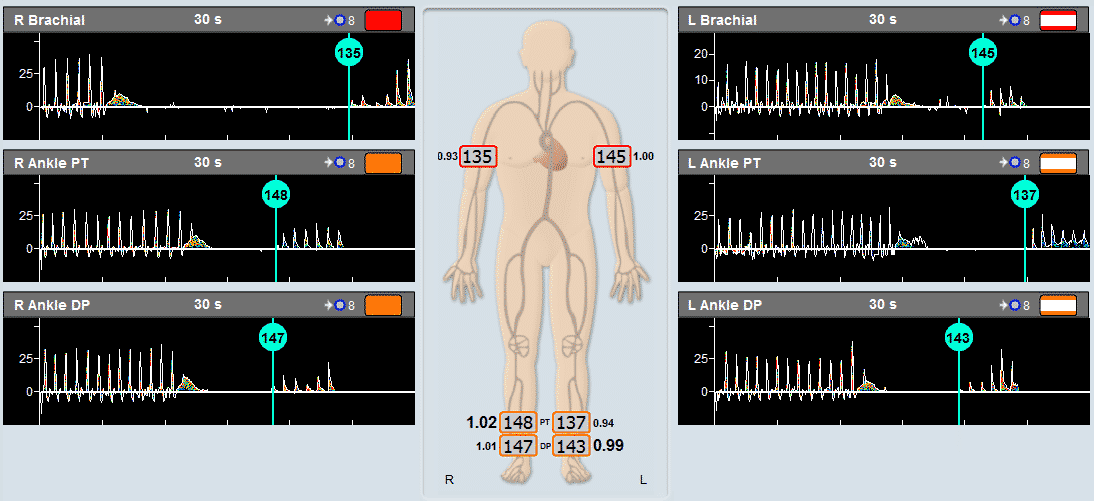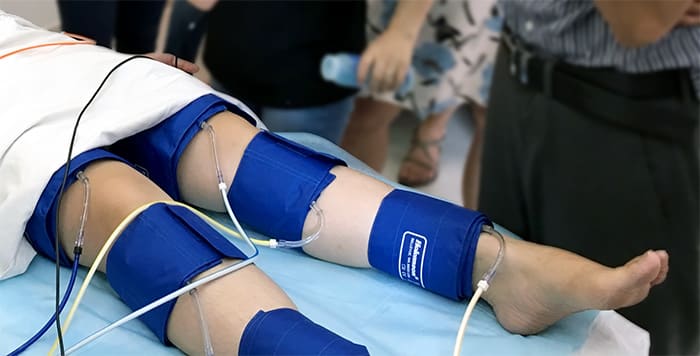Transcranial Doppler (TCD) technology has been rapidly advancing in recent years, allowing for non-invasive monitoring of cerebral blood flow. Here are some of the latest advances in TCD technology:
- Automated emboli detection: Modern TCD machines have automated emboli detection features that use signal processing algorithms to detect emboli in real-time. This can provide more efficient and accurate detection of emboli, which can be important in diagnosing and monitoring cerebrovascular disease.
- Multi-gate technology: Multi-gate TCD technology uses multiple probes to detect blood flow velocity at various depths within the brain, providing more detailed information about blood flow patterns in the brain.
- TCD robotics: leading edge TCD systems incorporate robotics to assist the user in quickly and automatically insonating and monitoring cerebral blood flow.
- Wireless connectivity: Some newer TCD machines offer wireless connectivity, allowing for seamless integration with electronic medical records and other hospital systems.
- Artificial intelligence (AI) and machine learning: Some TCD machines are now incorporating AI and machine learning algorithms to aid in the interpretation of TCD data. This can help to improve accuracy and efficiency in diagnosing and monitoring cerebrovascular disease.
- Portable devices: Some TCD machines are now more compact and portable, allowing for easier use in clinical and research settings where space is limited or where patients cannot easily be moved to a larger machine.
Overall, these advances in TCD technology are improving the accuracy, efficiency, and convenience of non-invasive monitoring of cerebral blood flow.
Should you require any additional advice, please reach out to us at MedTech Edge on info@medtechedge.com and we will assist you with the right TCD product for your practice/department or research project.


